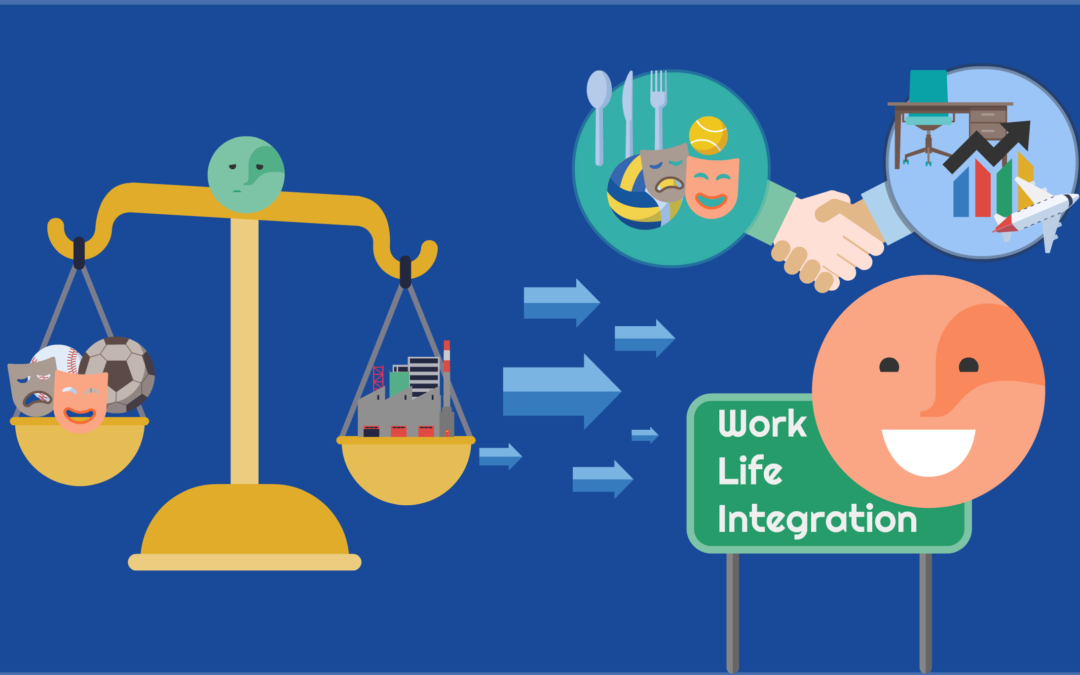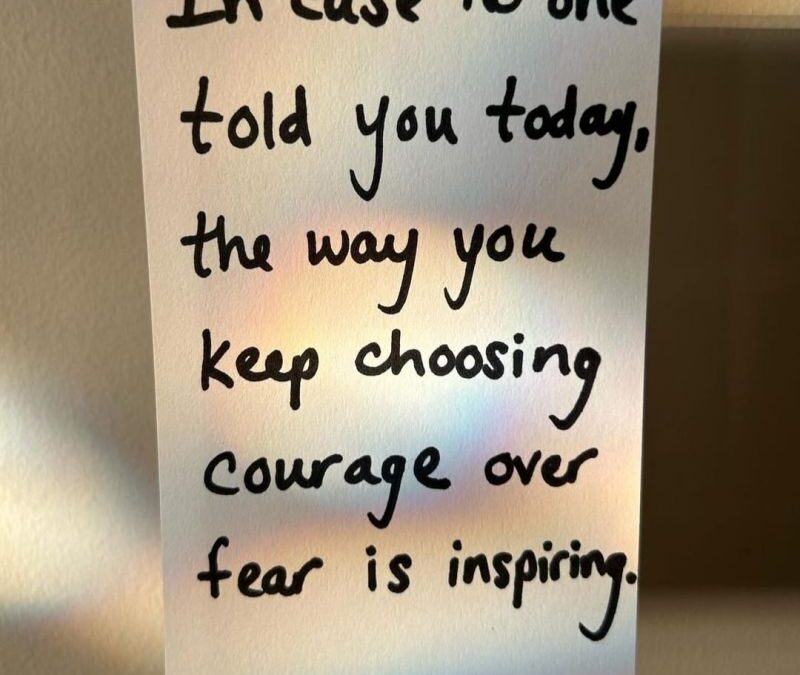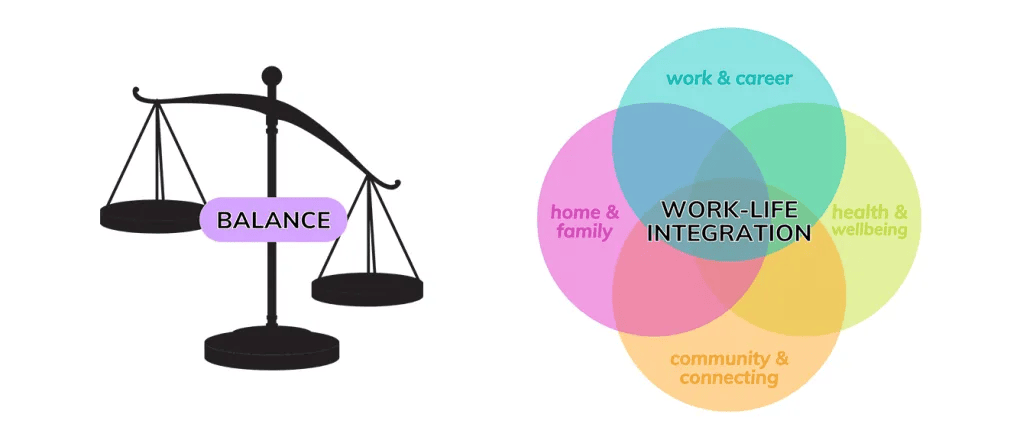
by Christine Marlet | Jul 10, 2024 | All, Fatherhood-Motherhood-Children Education, Gender Equality, Work-Life Balance/Integration
This report is a collaboration between the economics think tank the Centre for Progressive Policy (CPP), the global movement Women in Data@ and the charity and campaigning organisation Pregnant Then Screwed (PTS). It explores the economic and health impacts of extending the statutory entitlement to paternity leave and pay, including through its impacts on gender equality in the labour market.

by Christine Marlet | Jul 9, 2024 | All, Gender Equality, Work-Life Balance/Integration
Let us not forget, moreover, that facilitating a balance between life, work and family enables gender equality because it leads to a culture of co-responsibility, cooperation and equity, as well as fostering true inclusion and diversity. Men and women do not have to put aside their own characteristics to have equality but rather enhance them for their complementarity. This also helps to foster intergenerational wealth, which is good for everyone.

by Christine Marlet | May 6, 2024 | All, Work-Life Balance/Integration
The modern world offers us a multitude of digital tools to keep us constantly connected. However, this hyper-connection can often result in a feeling of being overwhelmed by the incessant flow of emails and information, hindering our productivity and well-being Here’s a simple strategy for getting to grips with this aspect of our professional and personal lives.

by Christine Marlet | Mar 6, 2024 | All, Work-Life Balance/Integration
Change holds out the promise of lots of exciting things: new things, improvements to what already exists, opportunities to learn, opportunities to produce value… We know it, we’re convinced of it and in principle we’re up for it… Yes, but when it comes to implementing change, we discover that we’re much more resistant than we imagined. But why then ?

by Christine Marlet | Feb 3, 2024 | All, Work-Life Balance/Integration
On Monday when I was flying to London for our Annual General Meeting I read in a newsletter that it is necessary to leave behind those people who, on your way to achieving your goals, do not let you move forward, On Monday when I was flying to London for our Annual General Meeting I read in a newsletter that it is necessary to leave behind those people who, on your way to achieving your goals, do not let you move forward,

by Christine Marlet | Jan 31, 2024 | All, Work-Life Balance/Integration
The concept of “work-life balance” has been the dominant paradigm for integrating our personal and professional lives for decades.Based on my research, personal experiences, and coaching women leaders, I have come to realize that balance may not be the most optimal or significant approach when it comes to managing our time between work and family responsibilities.









Commentaires récents